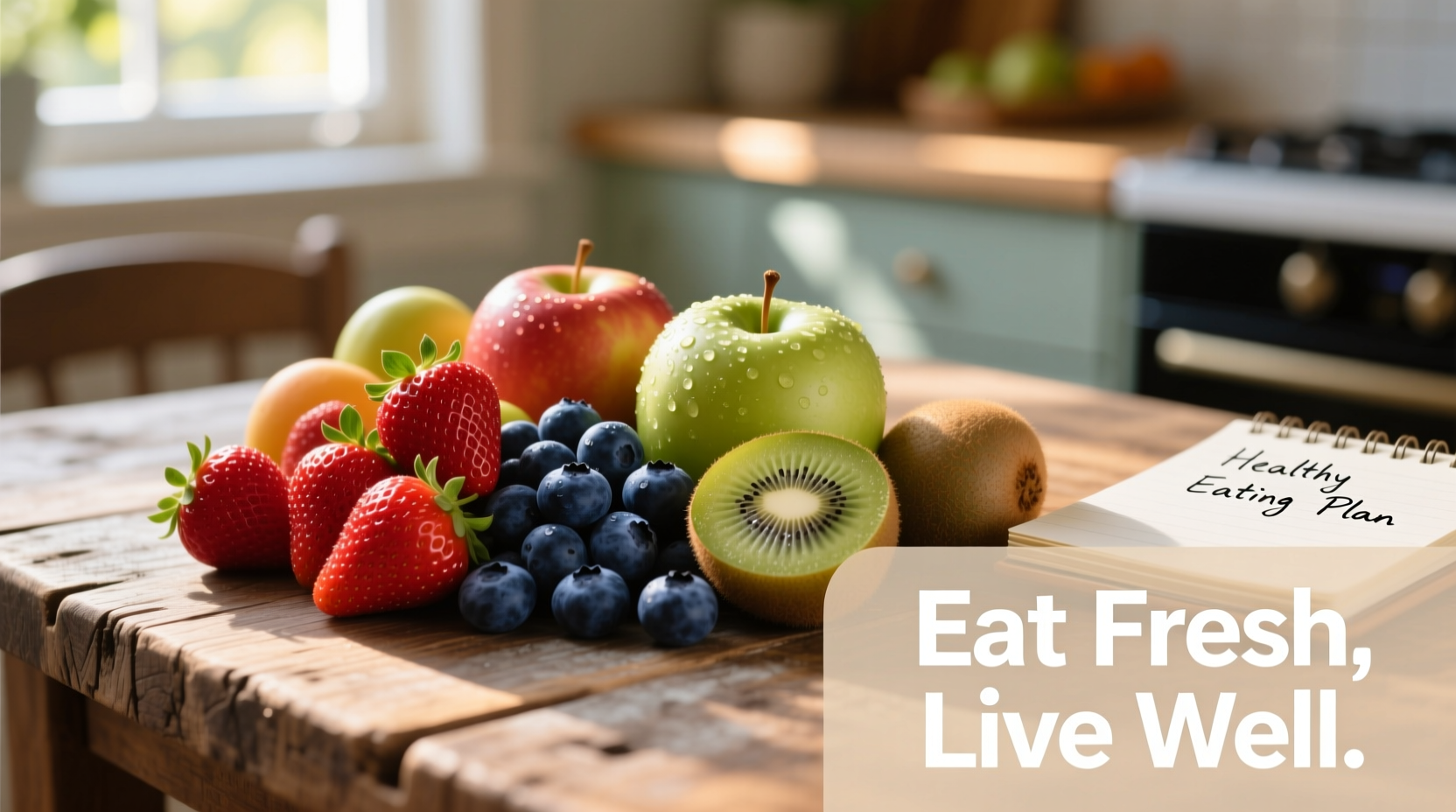Understanding Semen Composition and Taste Factors
Semen is primarily composed of water (about 90%), with additional components including fructose, enzymes, proteins, and minerals. The taste profile—often described as slightly sweet with a hint of saltiness—stems from these biochemical components. While individual physiology plays the largest role, certain dietary and lifestyle factors may influence flavor perception.
Science-Backed Dietary Influences
Research from the National Institutes of Health indicates that dietary compounds can affect bodily fluid composition through metabolic processes. Foods rich in natural sugars and certain vitamins may alter pH balance and chemical composition:
| Food Category | Recommended Items | Time to Potential Effect | Mechanism |
|---|---|---|---|
| Fruits | Pineapple, citrus, berries, pomegranate | 12-24 hours | High fructose content may enhance natural sweetness |
| Vegetables | Celery, parsley, wheatgrass | 24-48 hours | Chlorophyll may neutralize strong flavors |
| Foods to Avoid | Garlic, onions, red meat, alcohol | Immediate effect | Sulfur compounds and metabolites may create bitter notes |
Hydration's Critical Role
Proper hydration significantly impacts all bodily fluids. The Mayo Clinic recommends 2.7-3.7 liters of daily water intake. Dehydration concentrates compounds in semen, potentially intensifying any existing bitter or unpleasant notes. Consistent hydration over 24-48 hours provides the most noticeable effect.
Lifestyle Considerations Timeline
Changes don't happen instantly. Here's the realistic timeframe for potential effects:
- Immediate (0-12 hours): Last consumed foods may have minimal impact
- Short-term (12-24 hours): Significant dietary changes begin affecting composition
- Medium-term (2-3 days): Consistent dietary patterns show more noticeable effects
- Long-term (1+ weeks): Major dietary shifts reach maximum potential impact
Important Context Boundaries
It's crucial to understand what dietary changes can and cannot accomplish:
- Diet can potentially modify taste but won't eliminate natural biological flavors
- Individual metabolism varies significantly—results aren't guaranteed
- No food creates "sweet like candy" effects as sometimes claimed online
- Major taste changes could indicate underlying health conditions requiring medical evaluation
Evidence-Based Recommendations
Based on biochemical principles and clinical observations:
- Consume 2-3 servings of citrus or pineapple daily for 24-48 hours
- Maintain consistent hydration (8-10 glasses of water)
- Avoid strong-flavored foods 24 hours prior to intimate contact
- Incorporate chlorophyll-rich greens like parsley or wheatgrass
- Limit alcohol and processed sugars which may create bitter metabolites

When to Consult a Healthcare Professional
Sudden, dramatic taste changes could indicate underlying health issues. The American Urological Association recommends medical consultation if you notice:
- Persistent foul or chemical-like odors
- Color changes (yellow, green, or bloody)
- Pain during ejaculation
- Consistent unpleasant taste despite dietary improvements
Realistic Expectations and Scientific Perspective
Current research on this specific topic remains limited. Most evidence comes from biochemical principles of how diet affects bodily fluids rather than controlled studies on semen taste specifically. Individual results vary based on metabolism, genetics, and overall health. Focus on overall dietary health rather than targeting isolated outcomes.











 浙公网安备
33010002000092号
浙公网安备
33010002000092号 浙B2-20120091-4
浙B2-20120091-4